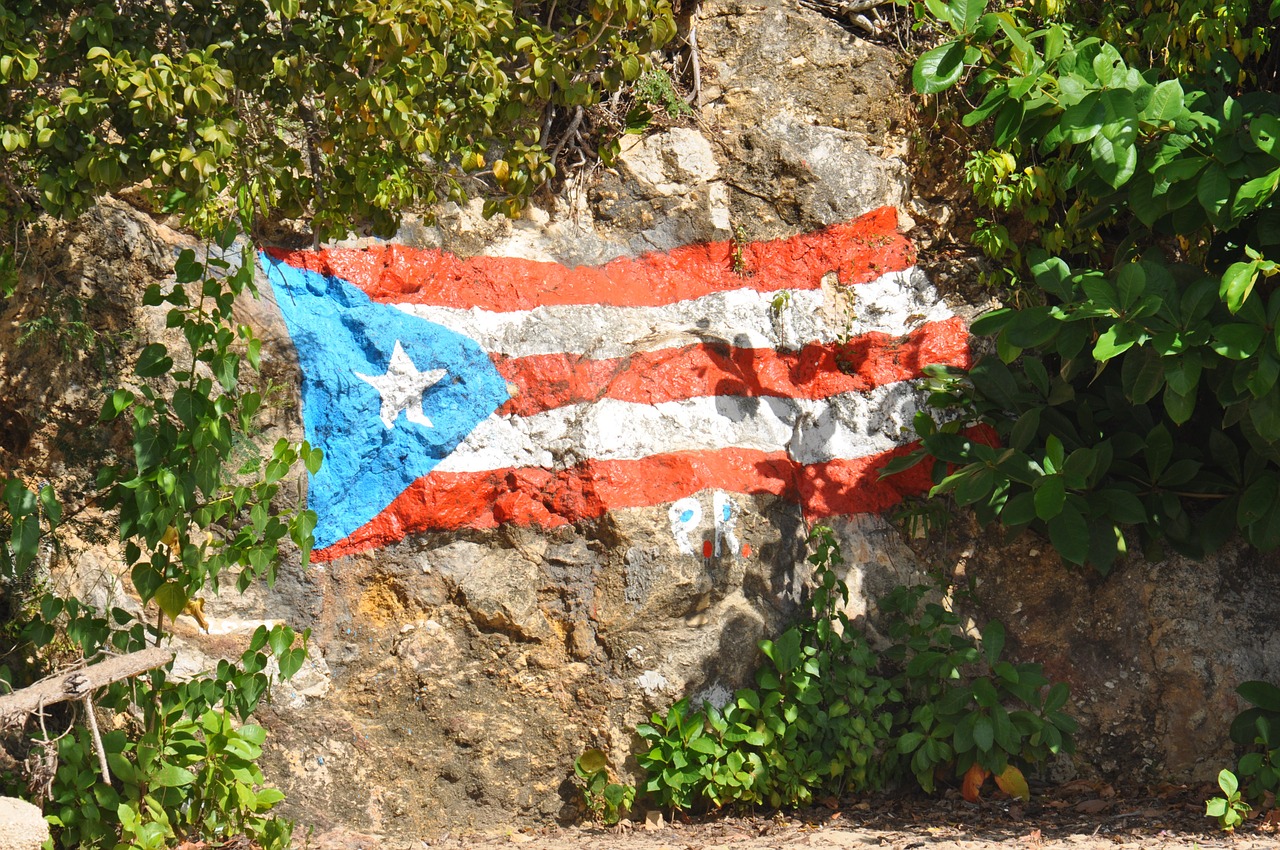You already know that the U.S. territory of Puerto Rico is in financial trouble. The country has issued roughly $120 billion more in municipal bonds and cannot now pay the interest much less the principal. The bonds were sold through brokerage firms to lay investors and mutual funds, and they were easy to sell because yields on muni bonds issued by Puerto Rico are tax-free on Federal returns and also for state returns across the country. Normally, state residents have to pay state taxes on muni bonds issued in other states. The bonds also paid unusually high rates, and there was a tacit assumption, even as Puerto Rican finances visibly deteriorated, that states and territories couldn’t default on their debt obligation.
The latest news isn’t that the territory is in better financial shape (Hurricanes Maria, Harvey and Irma have actually made the situation much worse). A recent court ruling regarding the way Puerto Rico accounts for its municipal finances has potentially serious consequences for similar bonds issued on the mainland. In late March, the Boston-based First Circuit court ruled that municipalities under Chapter 9 protection are not required to make payment on debt obligations even if they are secured by special revenues.
Translated into English, that means that Puerto Rico not only doesn’t have to make payments on the general obligation bonds it issued, but can now reach into areas that bondholders thought were protected: so-called “revenue bonds” that were issued based on particular revenue streams, like projects that provide transportation, sewage services, water or other utilities or other services. Those bonds were issued with the understanding that if those projects were generating cash flow, then bondholders would get paid no matter how much of a financial basket case the larger municipality it resides in might happen to be.
Now bondholders and rating agencies are looking more closely at revenue bonds in districts or cities that are less-than-solvent. The city of Chicago, for instance, carries a junk bond rating, but its water revenue bonds have a much higher rating because it was assumed that these facilities would continue to generate a reliable revenue stream and pay back bondholders even if Chicago files for bankruptcy protection. Now it appears that if Chicago goes into Chapter 9, those revenues could be swept into the larger financial black hole that is the city’s total debt.
In total, across the U.S., experts count roughly $1.2 trillion in outstanding special revenue bonds. Not all are at risk. But if the ruling holds up, then some projects in financially-strapped regions may find themselves paying higher interest payments than they would otherwise have expected, and holders of their bonds will experience unexpected downgrades.
Sources:
Securities offered through Triad Advisors, LLC, member FINRA/SPIC. Advisory services offered through TriCapital Wealth Management, Inc. TriCapital Wealth Management, Inc. is not affiliated with Triad Advisors, LLC.



